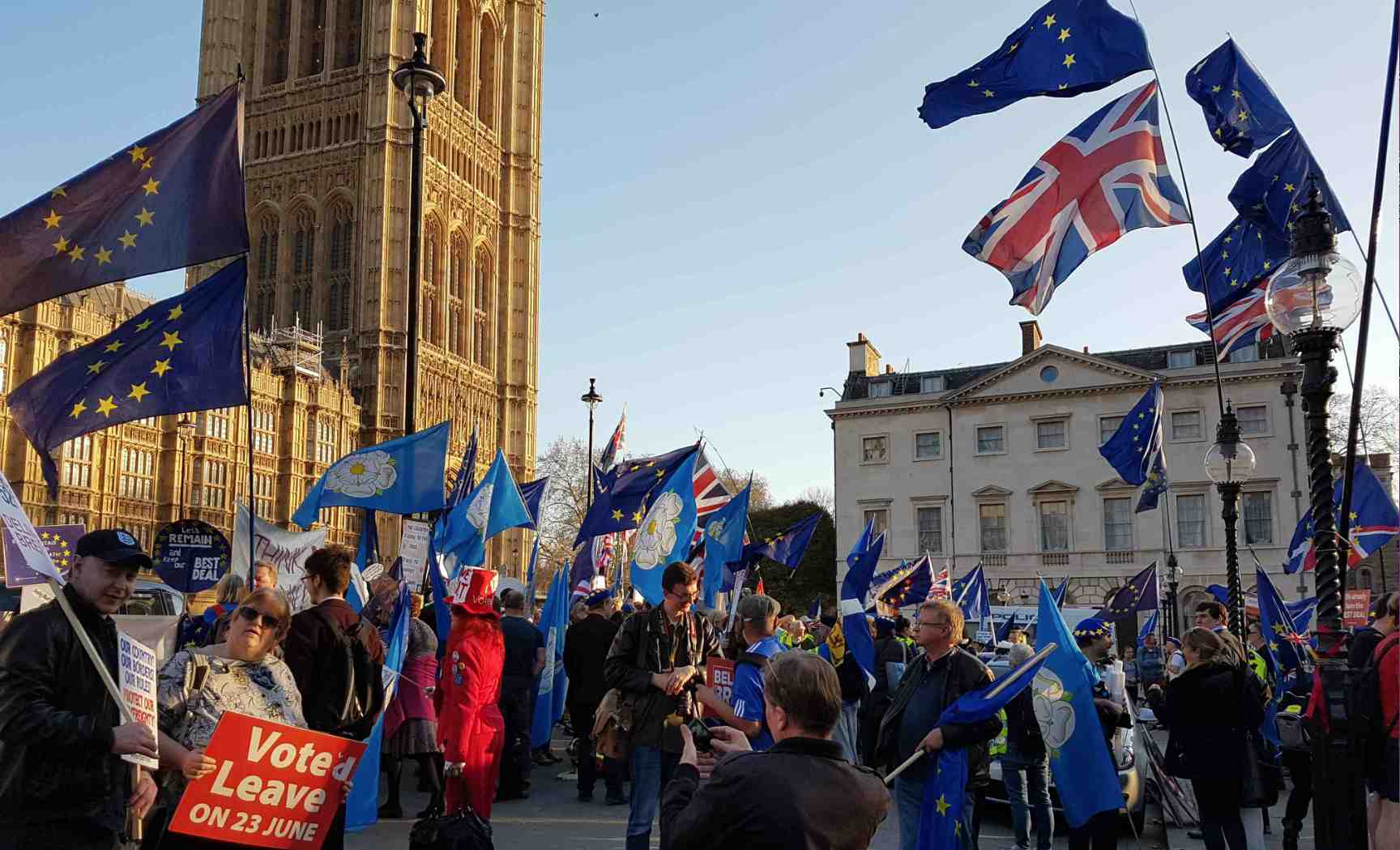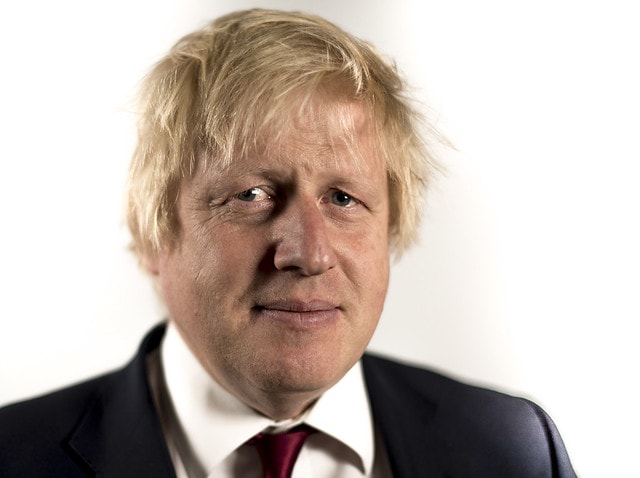
Prime Minister Theresa May’s announcement of her departure on 7 June has kicked off a leadership battle that looks split between those still pushing for an orderly Brexit at all costs, and those on a no-deal ticket.
In a real-life Game of Thrones, the list of pretenders to the Conservative crown is growing longer and longer by the day, exposing the fracture lines within the party. There were no fewer than 11 candidates at last count – with former foreign secretary and Brexit hardliner Boris Johnson currently considered the favourite – and half a dozen more reported to be considering a challenge.
Johnson and others such as former work and pensions secretary Esther McVey who either want to threaten no-deal in a new round of negotiations with the EU – or indeed aim for that outcome outright – are loosely gathered in one camp.


Jeremy Hunt (left) says he would rule out a no-deal Brexit, in contrast to current favourite Boris Johnson
In the other are the likes of foreign secretary Jeremy Hunt and health secretary Matt Hancock, who want a deal to smooth exit process that would be preferable to industry. Either way, the contest will eat away weeks of the remaining time before the next Brexit deadline of 31 October.
Meanwhile, underlying the entire leadership battle is palpable fear of the newly-formed Brexit party headed by Nigel Farage, which produced an impressive result in the European Parliament elections with a 31.6% share of the vote that delivered 29 seats.
That performance wiped the floor with the Tories – which managed just four seats with 9.1% of the vote – and has emboldened Farage to say the Brexit party will contest a general election if that is forced by the continuing Brexit impasse in Parliament.
On the other hand, Remain-backing parties – the Liberal Democrats, Greens and Scottish National Party – all made solid gains with a collective tally of 36% of the vote, while Labour was also punished for its wishy-washy stance on Brexit.
Both Leave and Remain advocates predictably declared victory for their position on Brexit, but in reality the outcome reveals that the country is still entirely split on the issue, and there are increasing calls for Labour to back a second vote rather than fixating on its push for a general election.
Now, with the new crop of MEPs en route to Brussels and Strasbourg, the BioIndustry Association (BIA) is offering a briefing for them on the key issues facing the UK life sciences sector, and the risks that no-deal could bring.
In particular the BIA wants to emphasise the need for a formal relationship between the UK’s Medicines and Healthcare products Regulatory Agency (MHRA) and the European Medicines Agency (EMA).
Vaccine vulnerability
Meanwhile, Sanofi UK managing director Hugo Fry has warned that a no-deal Brexit would cause major disruption of the UK’s flu vaccination programme, leading to a rise in hospitalisations and “huge” financial costs to the NHS.
Speaking to The Times he said that seasonal flu vaccines are particularly vulnerable to supply chain disruption as they cannot be stockpiled, needing to be produced in the months before the flu vaccination season.




